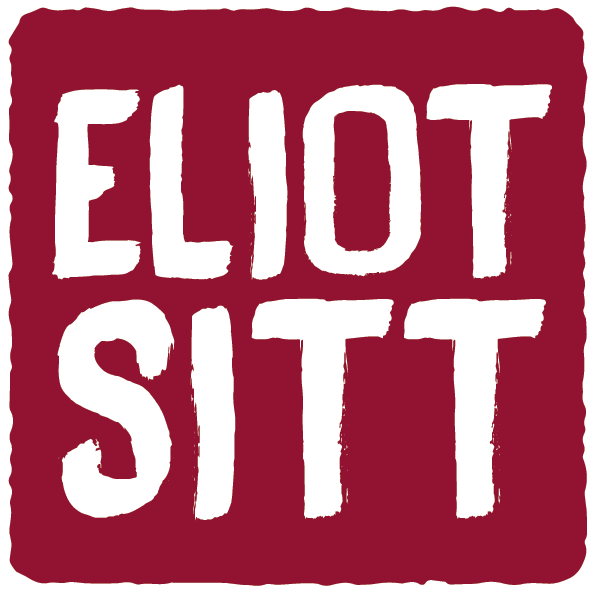Acupuncture
What is acupuncture?
Acupuncture is the insertion of needles into specific points in the body for therapeutic effect. It is increasingly recognized as a safe and effective therapy for a variety of health concerns.
How does it feel?
Acupuncture is oddly relaxing. Some people report feeling sensations of tingling, distention, or a dull ache with the needles. The needles are very thin, much smaller than hollow needles used to give shots. You may feel a small prick with the needle insertion, but it shouldn’t remain sharp or painful.
How does it work?
From a Chinese medical point of view, your body includes a network of channels that contain the flow of Qi, somewhat like a watershed holds the flow of water. When these channels become stuck or weak, pain and sickness may occur. Acupuncture affects the flow through these channels to bring your body back into balance.
From a biomedical point of view, acupuncture creates a complex reaction in the body through multiple mechanisms. The needles create tiny injuries to which the body responds by sending increased blood flow. The needles also tug on connective tissue, which then stimulates nerves to send signals back to the central nervous system. This results in the release of naturally-occurring pain relievers in the body, like endorphins.
Is acupuncture the same as Chinese medicine?
Acupuncture is just one piece of Chinese medicine, which also includes Chinese herbs, massage, exercise, and dietary recommendations. And these are just the treatment modalities - Chinese medicine also includes traditional medical theory and traditional diagnostic methods, including tongue and pulse diagnosis.
Chinese Herbs
Traditional Chinese Medicine boasts the most sophisticated system of herbal medicine in the world, with a long history of scholarly commentary and clinical innovation.
The thousands of substances within the Chinese Materia Medica are organized in various categories according to their main functions. These herbs are the building blocks of a huge number of carefully composed traditional formulas, which can be modified to better fit individual patients and presentations.
This attention to synergy and customization are the unique strengths of Chinese herbal medicine.
While herbs are generally less harsh and more "natural" than pharmaceutical drugs, herbs are powerful substances that can have side effects. Patients wanting herbs should also bring an accurate list of current medications.
Tuina (Chinese Massage)
Tuina (pronounced "twee-na") is more than just a particular style of massage or collection of massage techniques. It represents the orthopedic side of Chinese medicine, requiring an understanding of the muscular, nervous, and skeletal anatomy in addition to an understanding of channel theory.
Treatments include massage techniques to stimulate the flow of Qi through the channels as well as orthopedic testing and therapeutic passive stretching techniques.
For pain conditions stemming from structural problems, the combination of acupuncture and Tuina is often more effective than acupuncture alone.
My focus in Tuina is on musculoskeletal problems such as neck and shoulder pain, rotator cuff injury, sciatica, and back pain. I offer Tuina massage in combination with acupuncture or as a stand-alone treatment. I also offer Tuina massage for general relaxation.




